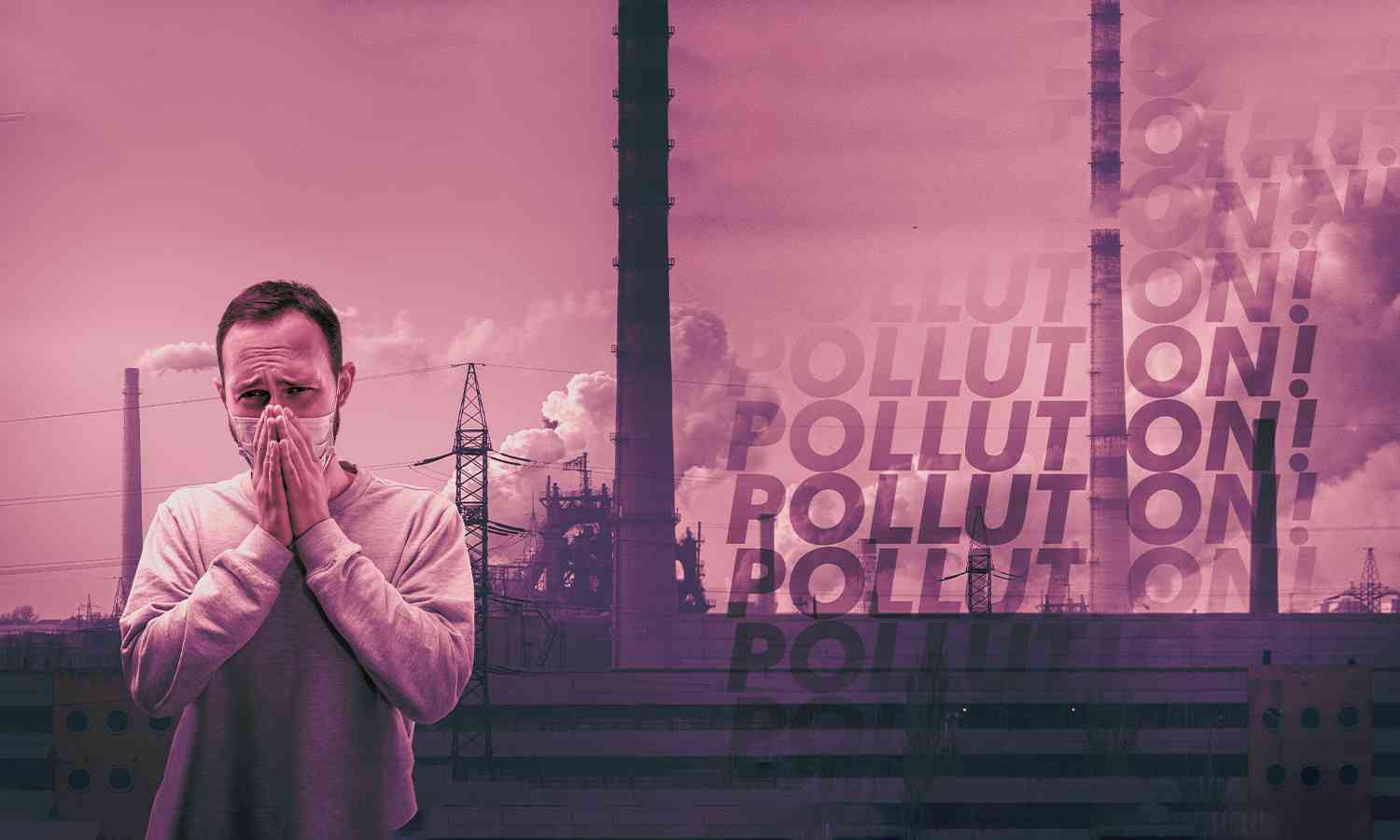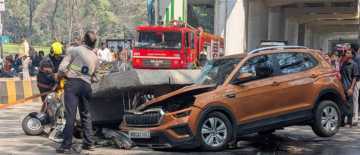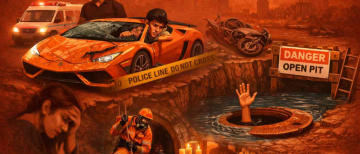As i write this, the AQI of Delhi & Mumbai are "Hazarous" & "Very Poor" respectively. It has been so for a while. In fact, this has become an annual debate between the logical and the emotional on whether someone's festival should suffer the consequences of this human made catastrophe. So here is my appeal to add to the list.

Diwali, the festival of lights, is a time of joy, celebration, and togetherness for millions across India. However, in recent years, the exuberant bursts of fireworks that once marked the occasion have become a growing concern for the environment and public health. As we approach this year's festivities, it is imperative that we reconsider the impact of our celebrations on the air quality in our cities.

Delhi and Mumbai, two of India's largest metropolises, face some of the most challenging air quality issues in the country. The months following Diwali often witness a steep decline in air quality, with pollution levels reaching hazardous levels. The exacerbation of respiratory illnesses and the long-term health risks associated with poor air quality cannot be understated. This year, let us take a collective step towards preserving our health and environment by opting for a firecracker-free Diwali.
There are several compelling reasons to support this initiative. First and foremost is the issue of air pollution. Fireworks release a cocktail of harmful pollutants, including particulate matter, sulphur dioxide, and nitrogen oxides, which have severe health implications. Individuals with respiratory conditions such as asthma, as well as vulnerable groups like children and the elderly, are particularly at risk. Choosing a firecracker-free Diwali will significantly reduce the burden on our already overstressed healthcare system.

Furthermore, the adverse effects of fireworks are not limited to immediate health concerns. They also contribute to the long-term degradation of our environment. The release of pollutants from fireworks leads to soil and water contamination, further impacting our ecosystem. By opting for eco-friendly alternatives such as decorative lights and lamps, we can celebrate Diwali in a manner that aligns with our responsibility to protect the environment for future generations.
In addition to their impact on air quality, fireworks also pose a significant threat to our animal companions. The loud and sudden explosions can cause extreme distress to pets and wildlife, leading to anxiety, panic, and even injury. This Diwali, let us remember to be considerate towards our fellow creatures who share this planet with us, and opt for a more compassionate celebration that minimises their suffering.

Additionally, a firecracker-free Diwali can have a positive impact on our climate goals. The production and detonation of fireworks contribute to greenhouse gas emissions, exacerbating global climate change. By making a collective effort to reduce our reliance on fireworks, we take a small but meaningful step towards a more sustainable and climate-resilient future.
Some may argue that fireworks are an integral part of our cultural traditions and that their absence would diminish the festive spirit. However, it is crucial to recognise that our traditions can evolve to align with our modern understanding of environmental stewardship. There are numerous alternative ways to celebrate Diwali that do not involve the use of fireworks, such as community gatherings, cultural performances, and sharing meals with loved ones.
A firecracker-free Diwali in Delhi and Mumbai is not only a responsible choice for our health and environment but also a testament to our commitment to a cleaner, more sustainable future. Let us come together this year to celebrate the festival of lights in a way that illuminates our cities without clouding the air with pollutants. By making this collective effort, we can ensure that the true spirit of Diwali shines through for generations to come.
*The views expressed in this article are personal. They do not reflect the opinions, beliefs, or positions of Vygr and Vygr Media Private Limited.


























